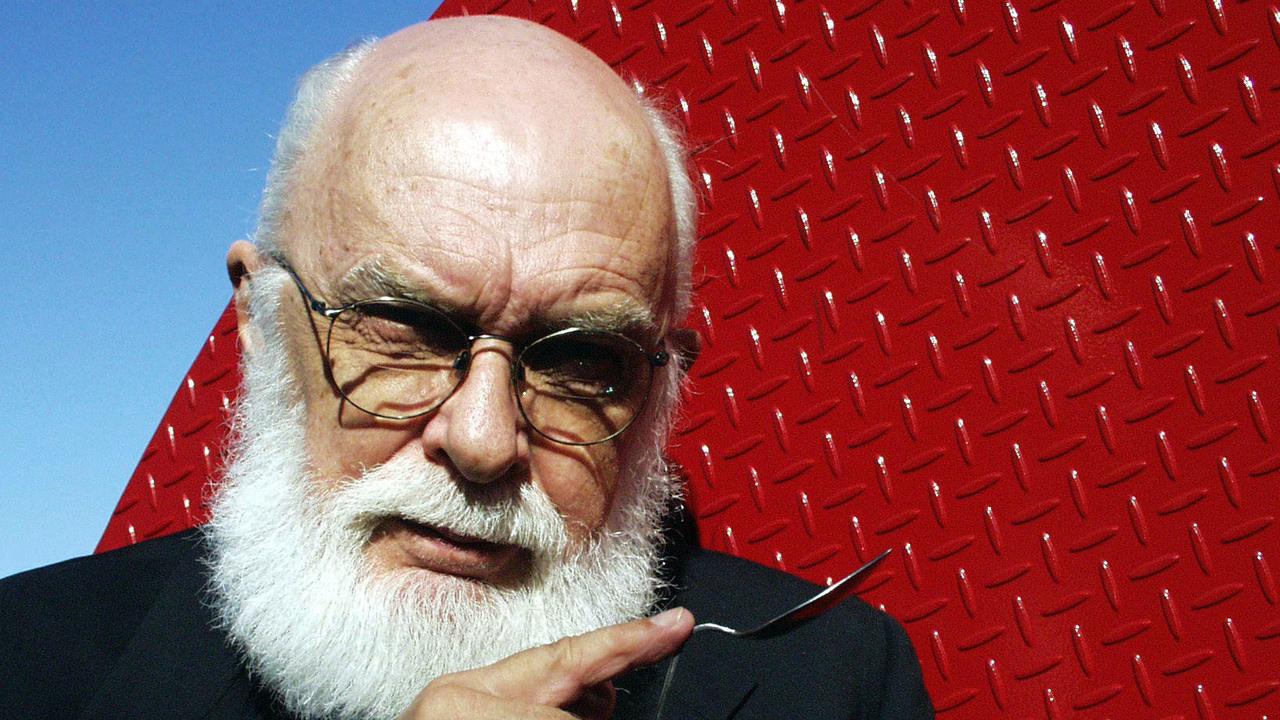My love of words was born in the Catholic Church
Here is an institution with a language that is evocative, spiritual and, at times, more than a bit scary. Or at least that’s what I thought as a kid in the 60s.

I like words. But I am partial to numbers too. Nothing gives impact to a sentence like a contextualised metric. Oh, and unobtrusive punctuation as well. A perfectly placed comma is like a good waiter; they both facilitate flow.
However, when it comes to words with impact there is no going past the Catholic Church, the church of my youth. Here is an institution with a language that is evocative, spiritual and, at times, more than a bit scary. Or at least that’s what I thought as a kid in the 60s.
Many of the words found at church have a wider usage today – like confession, communion, even confirmation. But other worthy “churchy” words rarely got past the churchyard. Words like the verb to venerate, meaning to revere, which is rarely heard in common parlance. Pop singers are not popularly venerated although that is effectively how they are viewed by their adoring fans. Then again, perhaps Australians like to maintain clear separation between church, state and entertainment.
Then there are church words that ooze gravitas: words like salvation, redemption, contrition, atonement. How exquisite are these words! I am always looking for an excuse to insert a bit of contrition, a casual reference to salvation, into my demographic analyses. But alas, the opportunities are all too rare.
The church’s concept of rapture – another truly evocative word – seems to have migrated from the idea of spiritual bliss to everyday happiness in its modern, easy-to-use format, rapt. Even the word penitent has my undivided attention. It’s so purposeful. Plus, penitent is delivered to a rat-a-tat meter. I do so like words with rhyme and rhythm.
And do not get me started on beatitude, meaning exalted happiness. In many respects I think we’re all seeking a bit of beatitude. “How’s it going?” “Not too bad. I’m in a state of beatitude.” “Bewdy, mate, keep at it.”
What I find instructive about these churchy words is that some have remained strictly ecclesiastical whereas over the years others have come to mix in everyday life in order to perform their communicative purpose.
The same logic applies to the phrase cognitive dissonance, which psychologists use to describe the mental toll of holding contradictory ideas, beliefs or attitudes. This phrase has transitioned into common parlance to the extent that everyday people now speak of cognitive dissonance (mostly in relation to others). Interestingly, neither cognitive nor dissonance are commonly used in isolation. However both words are at their most irresistible when conjoined and spoken in sequence.
The US actor and comedian Jerry Seinfeld has a theory about why the condiment salsa is so popular. He says the reason is simply that people like saying the word “salsa”. Some words are irresistible. I confess to having a penchant for penitent but it simply will not fit into any of my everyday conversations.
I wonder what words from what belief systems, from what fields of academe, we might commandeer into the future to communicate our hopes and dreams. And also to meet our need for words that sound good as we’re saying them. Please put penitent on your future word wish list.







To join the conversation, please log in. Don't have an account? Register
Join the conversation, you are commenting as Logout